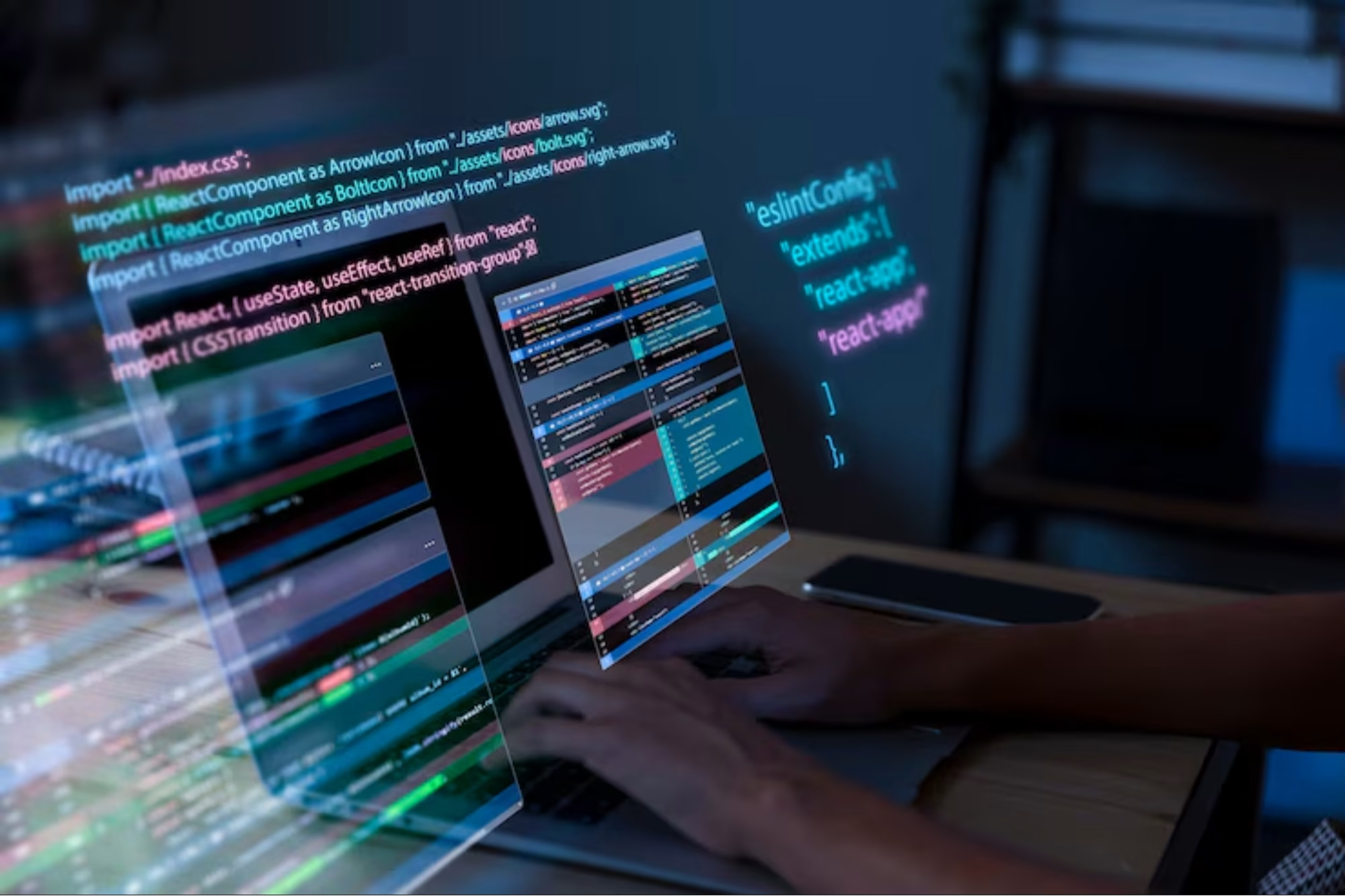Apple's AI Leap: Revolutionizing Software Development Workflows
In a move that's set to significantly reshape how software is built, Apple researchers have just unveiled a series of groundbreaking studies detailing how artificial intelligence can dramatically enhance the development process. Published over the last few days in mid-October 2025, these papers explore AI's potential to predict bugs, autonomously write tests, and even self-fix code. Quite the development, isn't it? This isn't just theoretical; we're talking about tangible improvements poised to boost developer productivity, improve code quality, and perhaps even accelerate the delivery of future Apple experiences.
These aren't some distant aspirations, either. The findings, released on Apple's Machine Learning Research blog, underscore a strategic shift. They demonstrate Apple's deepening commitment to leveraging generative AI not just for consumer-facing features like Apple Intelligence, but for the fundamental tools that underpin its entire ecosystem. Developers, prepare yourselves.
Unpacking the Triple Threat: Prediction, Generation, Repair
The three studies, timestamped between October 14th and 16th, offer a fascinating glimpse into the future of coding. Each one tackles a critical pain point in the software development lifecycle, applying advanced AI models to solve long-standing challenges. It's a comprehensive approach, really.
Predictive Bug Detection: A Proactive Stance
This isn't just about finding bugs faster; it’s about preventing them from becoming deeply embedded issues in the first place. Catching an issue early can save countless hours of debugging, which as any developer will tell you, is often the most frustrating part of the job. This proactive approach could fundamentally alter the cost and time associated with maintaining large, complex software projects.
Automated Test Generation: Boosting Code Coverage
Next up, we have "Automated Test Generation via Large Language Models." This paper dives into how AI can write unit tests, a task that's absolutely vital for software quality but often tedious and time-consuming for human developers. The researchers report a significant reduction in manual effort—up to 40%—when using their AI system. For engineers bogged down in writing test after test, this could be a genuine game-changer.
The model is particularly adept at generating tests in Swift and Objective-C, Apple's primary development languages, achieving an average of 92% code coverage. High test coverage means more robust code and fewer unexpected issues down the line. It's an improvement that directly translates to better apps and more stable operating systems. And, let's be honest, who doesn't want less time spent on boilerplate testing and more on creative problem-solving?
Self-Healing Code: The Ultimate Debugger?
Perhaps the most ambitious of the trio is "Self-Healing Code: AI-Driven Fixes for Common Errors." This study explores the fascinating concept of AI not just identifying bugs, but actively fixing them. The model achieved a 72% success rate in autonomously correcting common coding errors like null pointers or off-by-one mistakes on open-source benchmarks. That's a huge leap.
What really sets Apple's approach apart here, and this is important, is the focus on privacy. Unlike many cloud-based AI coding assistants, their 7-billion-parameter model is optimized for on-device inference, leveraging Apple Silicon’s Neural Engine. This means sensitive code isn't necessarily leaving your machine to be processed, addressing a significant concern for many developers and enterprises. The system supports multiple languages too, including Python and Java, hinting at broader applicability within Apple's internal development efforts.
Broader Impact and What's Next for Developers
These studies signal a clear strategic move by Apple to carve out its niche in the burgeoning AI-powered developer tools market, currently dominated by players like Microsoft's GitHub Copilot and Amazon CodeWhisperer. The potential benefits are immense. Apple's internal metrics, cited in the papers, suggest these advancements could reduce overall software development time by a remarkable 30-50%. Just imagine the impact across the App Store ecosystem.
Expert reactions have been mostly positive, if cautiously so. Tim Sweeney of Epic Games, for instance, called Apple's bug prediction a potential "revolution" for app development. But, as AI researcher Andrew Ng pointed out, while the benchmarks are impressive, we can't ignore the ethical concerns about over-reliance on AI, especially given the possibility of "AI hallucinations" in code. Developers are excited, no doubt, especially indie devs dreaming of cutting their debugging time in half. Yet, some worry about job displacement for junior developers learning the ropes.
Looking ahead, Bloomberg sources suggest these advancements are likely to find their way into internal Apple projects first, enhancing development for iOS and macOS. We could potentially see some of these features debut in Xcode 17 beta, which is expected in Q1 2026. Furthermore, Apple has promised to make open-source datasets for these models available by November 1st, 2025, a move that will surely accelerate broader AI research in software engineering. Regional market considerations are also in play, with the papers including multilingual support for code comments, targeting global developer communities.
Navigating the AI Frontier: Challenges and Collaboration
While the prospect of AI predicting, writing, and fixing code is incredibly exciting, it's crucial to acknowledge the inherent complexities and challenges. An AI isn't infallible; there's always the risk of it generating incorrect or suboptimal code, potentially even introducing new bugs—a phenomenon sometimes dubbed "AI hallucinations." This means human oversight isn't just recommended, it's absolutely essential. We're talking about augmentation, not outright replacement.
Ultimately, these developments aren't about taking developers out of the loop. They're about empowering them, freeing them from the more mundane, repetitive tasks, and allowing them to focus on innovation and solving more complex, creative problems. The future of software development, it seems, will be a collaborative dance between human ingenuity and artificial intelligence. What an interesting time to be a coder!
